
Data Push Apps Using HTML5 SSE: Pragmatic Solutions for Real-World Clients
Book
Make sure your website or web application users get content updates right now with minimal latency....

Hands-On Sencha Touch 2: A Real-World App Approach
Book
Get hands-on experience building speedy mobile web apps with Sencha Touch 2.3, the user interface...

HTML5 Quick Markup Reference: 2016
Wallace Jackson and Mikael Olsson
Book
This book is a condensed reference for HTML5 markup. It presents the essential HTML5 elements and...
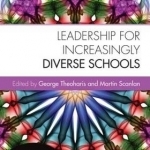
Leadership for Increasingly Diverse Schools
George Theoharis and Martin Scanlan
Book
Leadership for Increasingly Diverse Schools provides both practicing and aspiring leaders with the...

The Secret Life of Plays
Book
Drawing on a wide range of drama, both historical and modern, Waters takes the reader through the...
The Song of Middle-Earth: J. R. R. Tolkien's Themes, Symbols and Myths
Book
Available for the first time in paperback, this is the pre-eminent critical study, and exploration,...
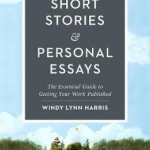
Writing & Selling Short Stories & Personal Essays: The Essential Guide to Getting Your Work Published
Book
Write It Short, Sell It Now Short stories and personal essays have never been hotter--or more...
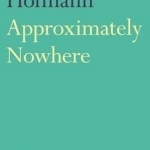
Approximately Nowhere
Book
A number of the poems in this collection by Michael Hofmann show him returning to the subject of his...
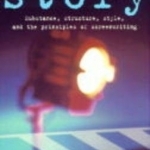
Story: Substance, Structure, Style and the Principles of Screenwriting
Book
Structure is Character. Characters are what they do. Story events impact the characters and the...
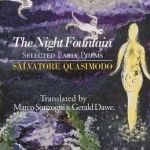
The Night Fountain: Selected Early Poems
Gerald Dawe, Salvatore Quasimodo and Marco Sonzogni
Book
'Salvatore Quasimodo was born-and lived-through historical tragedies which impressed his mind for...
